Reign of Seron the Red
Let them call me tyrant or monster all they want. Peace, order and food will close their mouths in due time.Over a decade has passed since Empress Miera crowned her son and sparked the War of the Seven Princes. Both the Hegemony and the ruling family have suffered greatly during it and it is with great fear and anticipation that the worn-out survivors look toward the reign of the last and most brutal of the Seven Princes.
Cleaning Up
To say that the war devastated the world would be a massive understatement. Fourteen years of all-out civil war had ruined the realm in pretty much every aspect. While the economic damage can only be guessed, the vague numbers still enough to make many an economist faint, there is enough data to determine the human cost. Based on the censi taken directly before and after the war, we can estimate that the Prince's War resulted in the death of up to 18 Million people through war, famine and plague. Vast areas of farmland had been scorched, hundreds of villages and towns now reduced to ruins. Tens of thousands of people were displaced, and large parts of the colonies were still in open rebellion. Seron truly had his work cut out for him.Red Empire
Following the Battle of Auriga, Seron turned his attention onto the various rebels and warlords that remained throughout the Empire. By mid-2224, he had brought Vardania back under his control and within two years also pacified the colonies. The speed at which he accomplished this is unsurprising as the pacification of the colonies had already begun several years earlier under the Triumvirat. Not all rebel cells could be destroyed completely, but by late 2226 all major opposition to the new ruler had ceased. With the realm at peace, Seron could actually focus on rebuilding efforts. His main problem was the total collapse of the economy during the war, runaway inflation making the old Denari almost worthless. Seron responded with wide-ranging reforms, replacing the old Denari with a new silver coin, the Caestis, establishing price controls and ending any and all tax exemptions previously granted to provinces and nobles. The Hegemony's provinces were redrawn and the administration centralized. Large scale reconstruction projects were commissioned and the Labour Corps swelled with previously displaced workers. Both bureaucracy and army were reduced in size, recruitment and examination reformed to halt the previously rampant nepotism and corruption. Seron abolished the office of Prince and cut the Imperial Guard to a tenth of its pre-war size. Vardanian law became a lot harsher under him, capital punishment being introduced for many lesser crimes such as price-speculation. Laws governing foreign faiths and cultural practices grew vastly sharper as well, and at least three large scale persecutions are attested to.End of a Titan
While these reforms caused the relative stabilization of the Hegemony during this decade, they were unable to solve the realm's underlying problems. The rot had long since taken hold at the very core of the Empire and Seron would have had to burn it to the ground to affect long-lasting change.Wrath of the Conquered
Even worse was the militarization of the Vitrian and Atheryan minorities within the Empire. Several Princes had used them extensively as soldiers during the war. And when Seron shrunk the army, many were able to slip out of his grasp and keep their weapons. Coupled with the severe depopulation in many areas, this effectively caused large swaths of western Vardania to fall fully under their control. A similar situation developed in the colonies, where the army had been unable to completely uproot the separatist networks that had grown during the war. Vardanians had been the majority of the casualties. The balance of power shifted in favour of the conquered people. The Hegemony had become a powderkeg.
Even worse was the militarization of the Vitrian and Atheryan minorities within the Empire. Several Princes had used them extensively as soldiers during the war. And when Seron shrunk the army, many were able to slip out of his grasp and keep their weapons. Coupled with the severe depopulation in many areas, this effectively caused large swaths of western Vardania to fall fully under their control. A similar situation developed in the colonies, where the army had been unable to completely uproot the separatist networks that had grown during the war. Vardanians had been the majority of the casualties. The balance of power shifted in favour of the conquered people. The Hegemony had become a powderkeg.
Ambition of the Greedy
Seron might have been able to deal with these rising threats, had he not been forced to divide his attention. His harsh stance on nepotism, among other things, made him few friends among the upper classes. It didn't help that the war had caused a shift in how people tried to acquire power. Assassinations and blatant coups had become common, and Seron was forced to carefully monitor his generals for any sign of imperial aspiration. Seron, however, was not one to tolerate such behaviour. Purges became increasingly his tool to punish the "Hegemony's Parasites" as he began to call them. A special military unit, essentially a secret police, began to carry out his will. Large scale arrests and executions became a normal sight.
Seron might have been able to deal with these rising threats, had he not been forced to divide his attention. His harsh stance on nepotism, among other things, made him few friends among the upper classes. It didn't help that the war had caused a shift in how people tried to acquire power. Assassinations and blatant coups had become common, and Seron was forced to carefully monitor his generals for any sign of imperial aspiration. Seron, however, was not one to tolerate such behaviour. Purges became increasingly his tool to punish the "Hegemony's Parasites" as he began to call them. A special military unit, essentially a secret police, began to carry out his will. Large scale arrests and executions became a normal sight.
I always wonder if others would have managed to rule as long. Ability aside a ruler needs a certain ruthlessness to keep their realm in line. Even more so when the realm is threatened and weak. In a way, Seron was perhaps the best ruler for the monster that was the Second Hegemony toward its end.
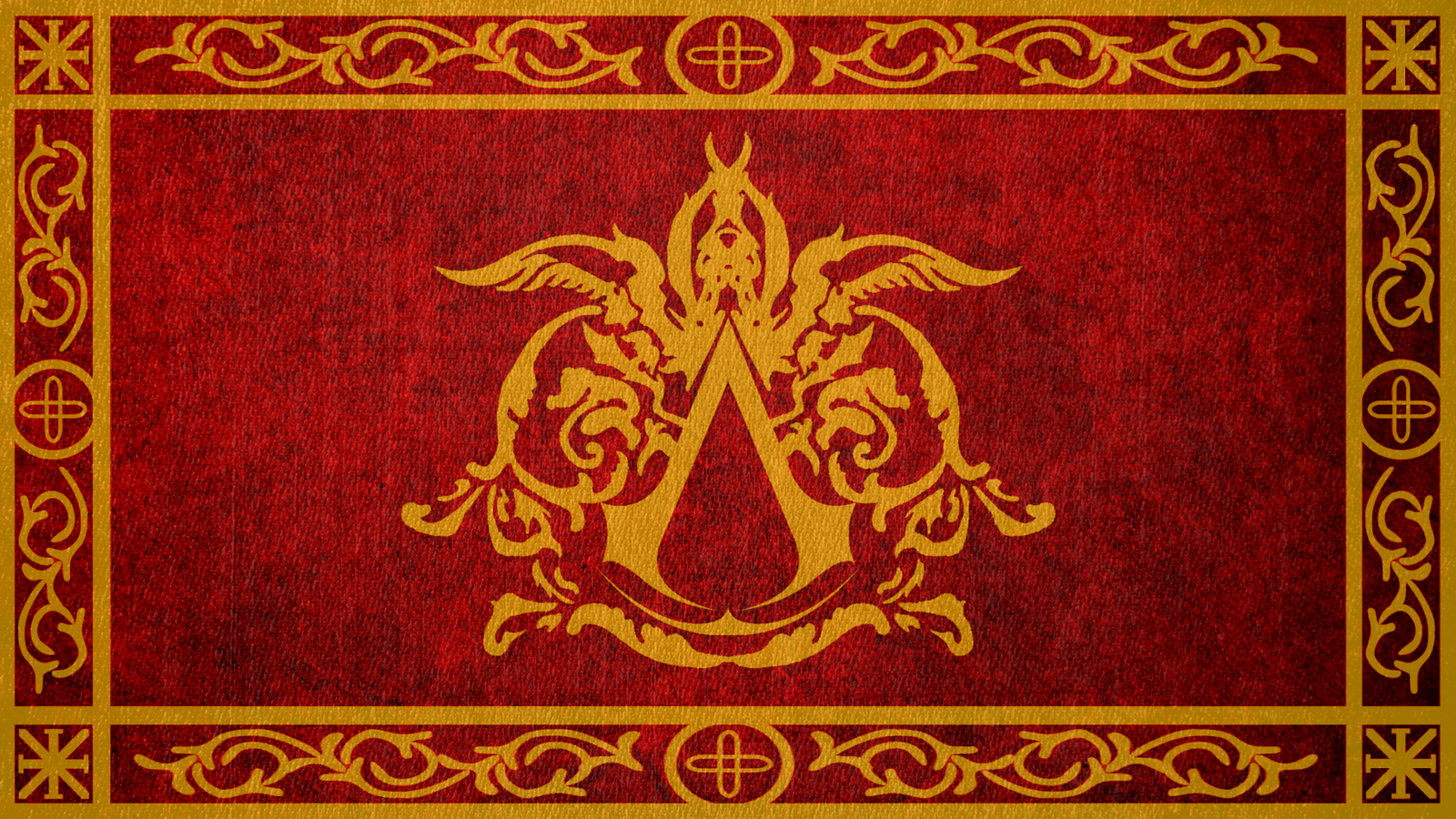
One Empire Under Heaven.
2224 DA - 2242 DA
Type
Geopolitical, Empire
Alternative Names
The Red Empire
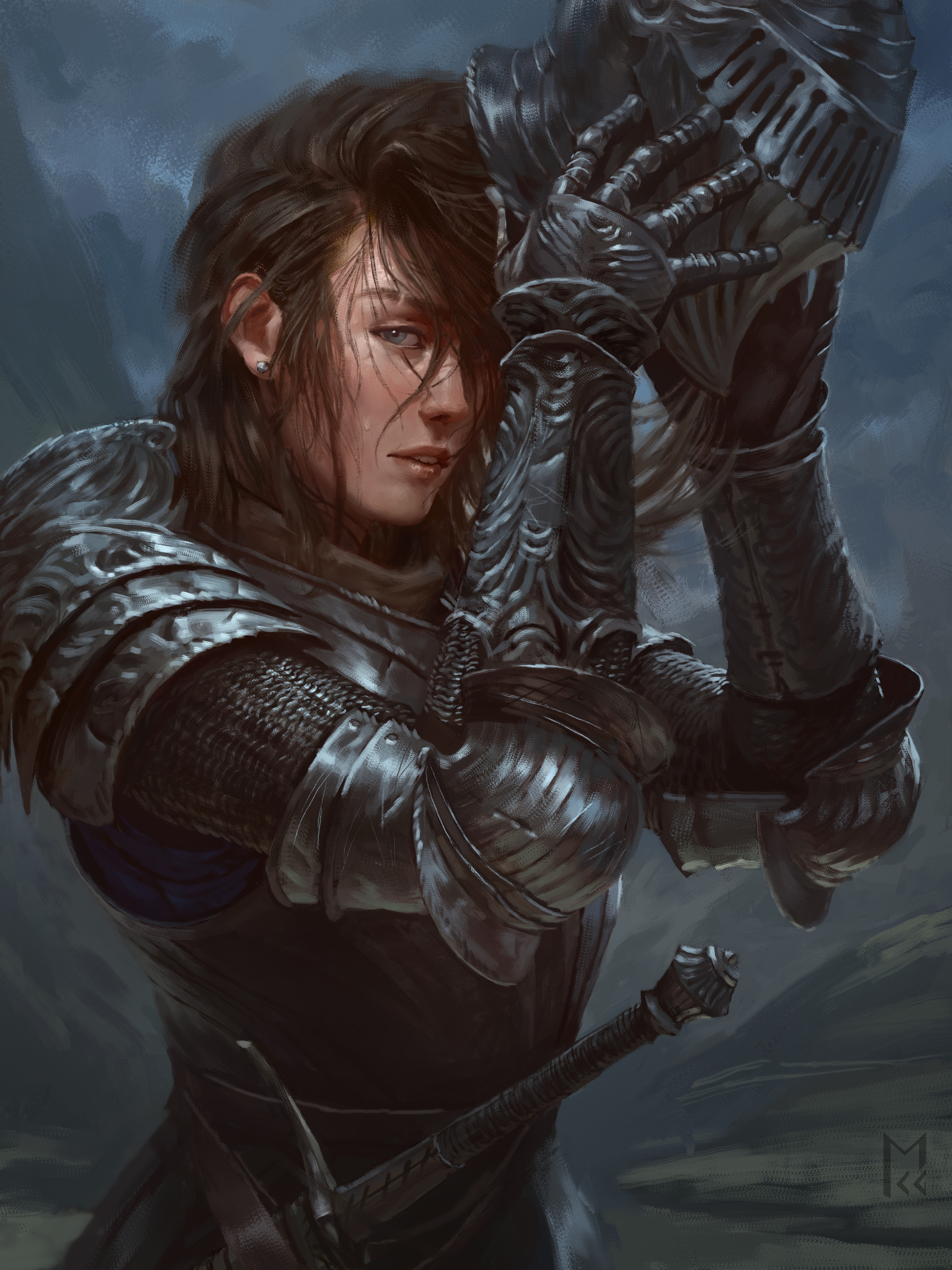
by Castaguer93

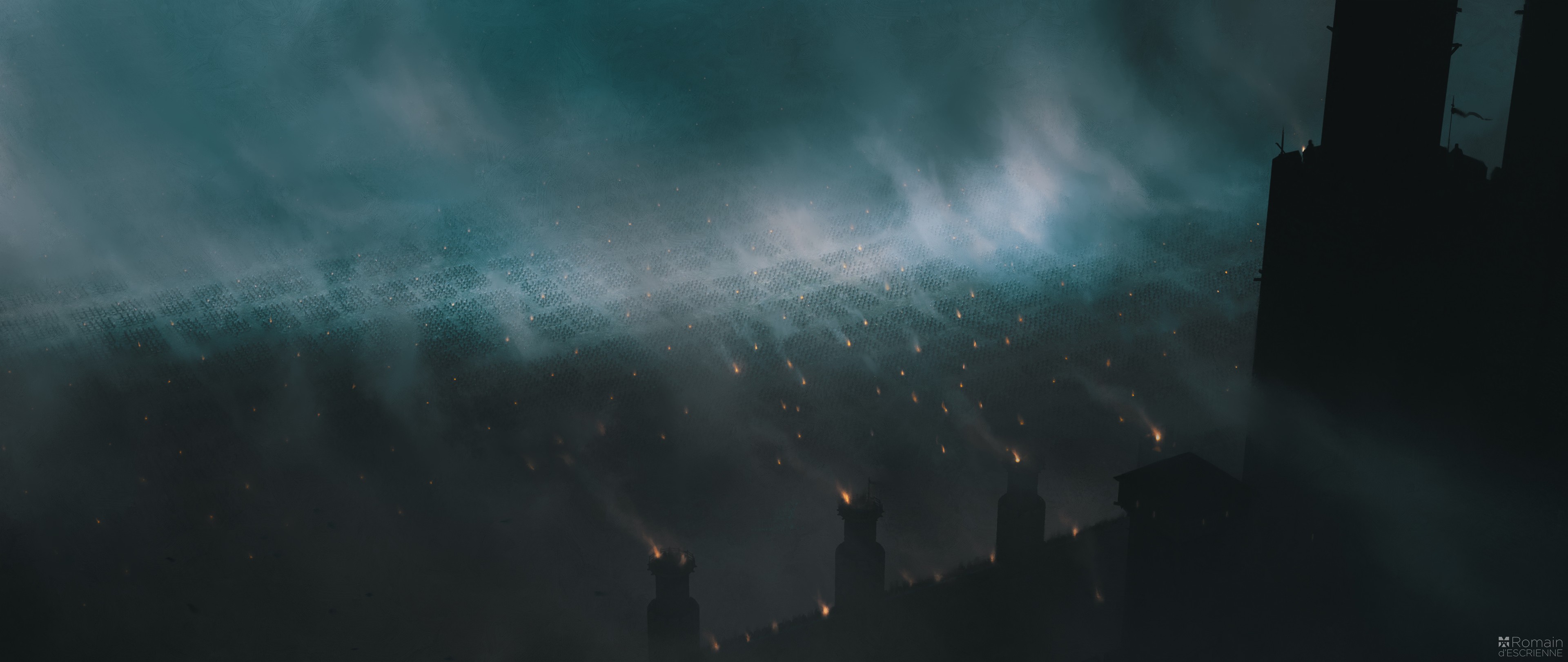
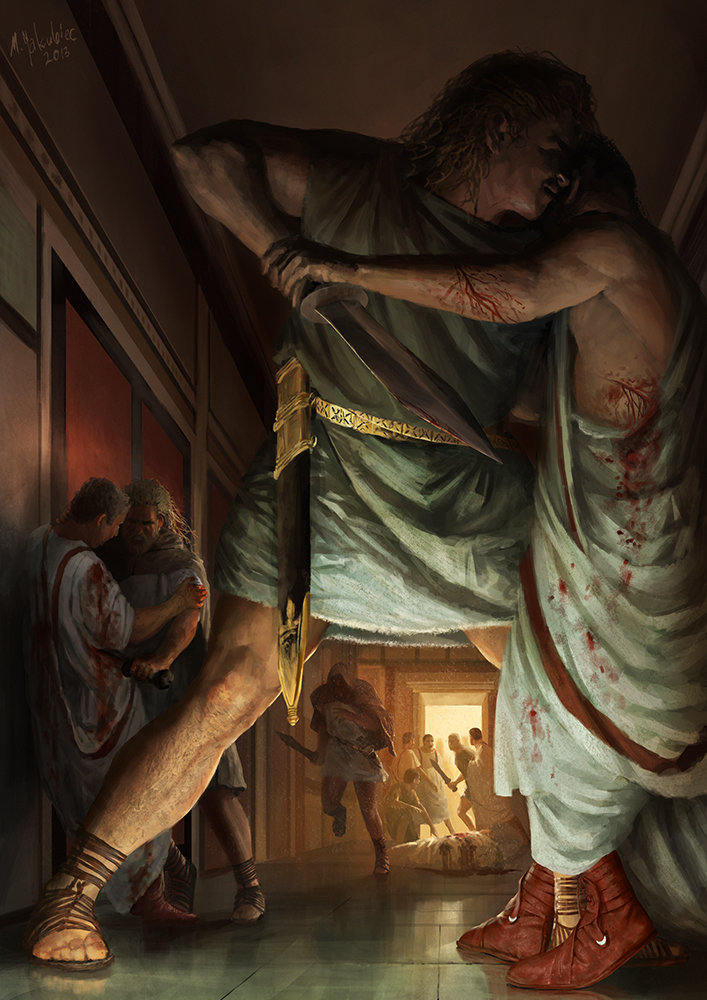
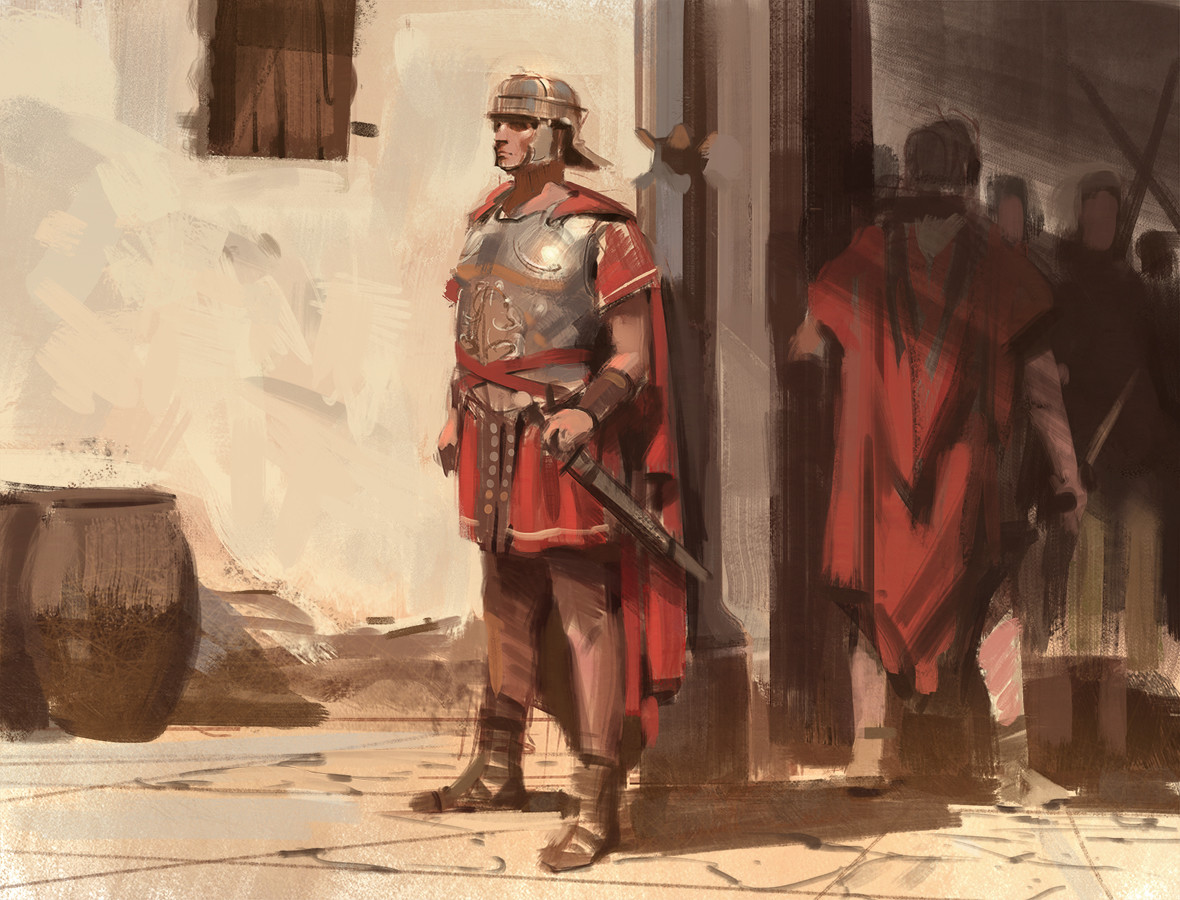
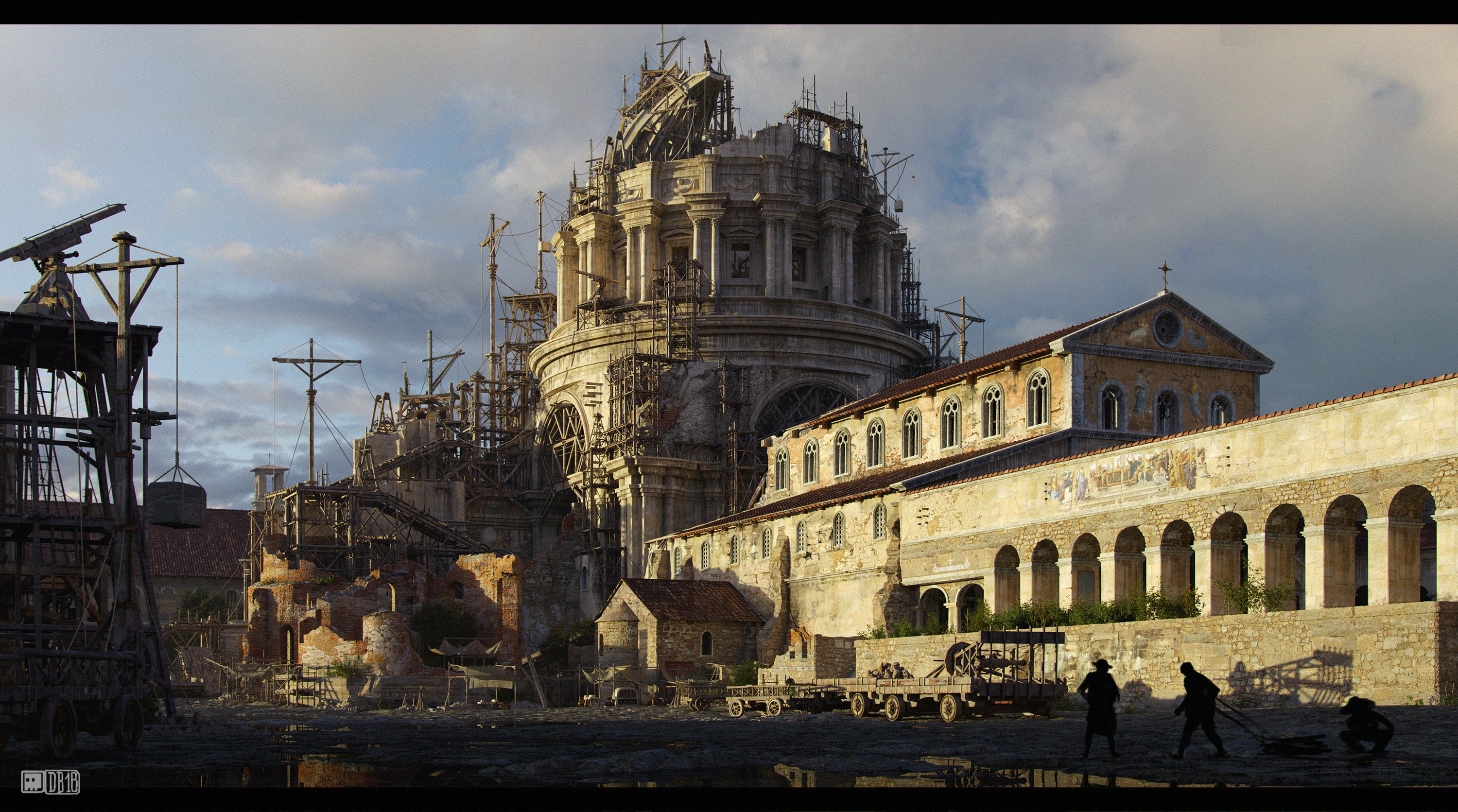

It's tragic that Seron is viewed by historians as a monster. Yes, he condoned capital punishment for minor crimes, but everything he did was just a way he saw to keep the ground from crumbling beneath him and his subjects' feet. My family is fond of saying that any government is sufficient to govern a righteous people, and no government is sufficient to govern a wicked people. At least Seron believed what he did could help the people he was supposed to rule, rather than him being a tyrant who only thought of himself.